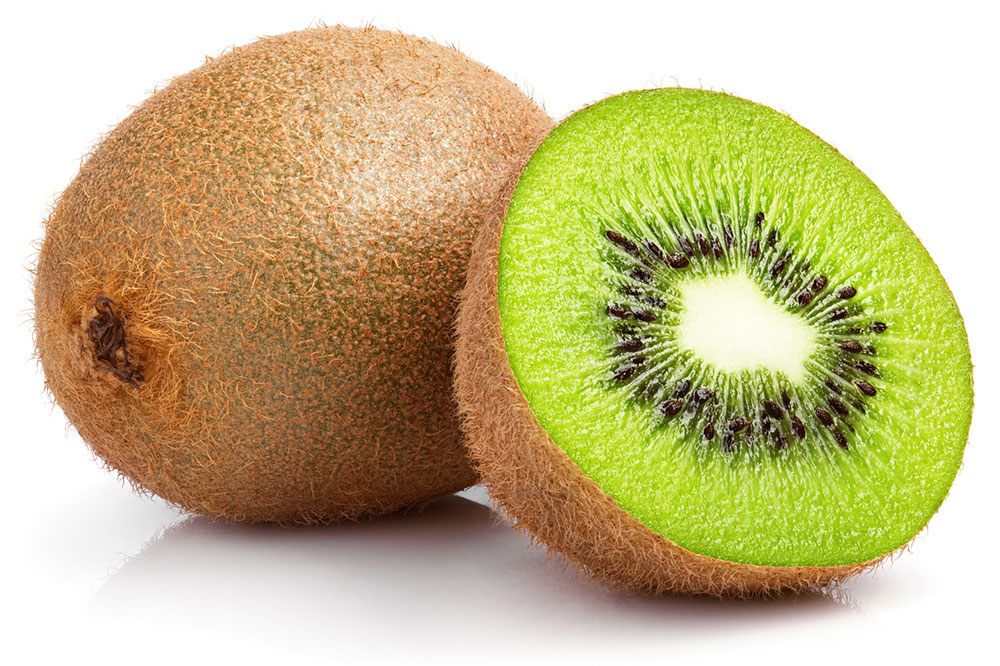Effective Natural Remedies to Alleviate Constipation and Promote Digestive Health
This comprehensive guide explores top natural methods to relieve constipation and enhance digestive health. It emphasizes dietary changes, hydration, regular exercise, and natural remedies like honey-lemon water and healthy fats. By adopting these simple strategies, individuals can effectively manage constipation, improve bowel movements, and promote overall gut health without reliance on medications. The article offers detailed tips suitable for anyone seeking natural relief and long-term digestive wellness.

Effective Natural Remedies to Alleviate Constipation and Promote Digestive Health
Constipation remains a prevalent digestive issue impacting millions worldwide, often leading to discomfort and inconvenience in daily life. While many consider it a common ailment, chronic constipation can significantly affect overall health and quality of life if not addressed appropriately. Lifestyle choices, dietary habits, and hydration levels play vital roles in gut health, and understanding natural approaches to relieve constipation can help individuals manage this condition effectively without relying solely on medications.
In this comprehensive guide, we explore the top seven natural strategies that can help alleviate constipation. These methods are simple, safe, and rooted in natural health principles, making them accessible to most people seeking relief from this uncomfortable condition. Incorporating these remedies into your daily routine can bring about noticeable improvements in digestion and bowel regularity.
1. Revamp Your Diet for Better Digestive Function
Dietary habits significantly influence bowel health. Many individuals with chronic constipation tend to consume fast foods, greasy snacks, or abruptly switch to restrictive diets that disrupt digestive processes. High-fat, processed foods, excess alcohol, and caffeine can impair gut motility and worsen constipation. To promote healthy digestion, focus on incorporating nutrient-dense, fiber-rich foods such as green leafy vegetables, fruits, and whole grains. Adding foods like spinach, kale, broccoli, and carrots provides essential nutrients and promotes smooth bowel movements. Avoid processed and fried foods, which can lead to sluggish digestion and exacerbate constipation symptoms.
2. The Importance of Proper Hydration
Staying well-hydrated is crucial for maintaining regular bowel movements. Water helps soften stool, making it easier to pass through the intestines. Dehydration is a common culprit behind constipation. Aim to drink at least 8-10 glasses of plain water daily. To make hydration more appealing, natural additions like a squeeze of lemon, fresh mint leaves, basil, or a small piece of ginger can be infused into your water, enhancing flavor and providing additional digestive benefits. Avoid sugary, artificially flavored beverages, as they can lead to dehydration and worsen constipation. Consistent hydration supports overall gut health and facilitates healthy elimination.
3. Regular Exercise to Stimulate Bowel Movements
Physical activity is a powerful natural remedy for constipation. Regular exercise helps boost metabolism, stimulates intestinal motility, and encourages healthy digestion. Activities such as brisk walking, jogging, cycling, or yoga performed for about 20-30 minutes daily can significantly improve bowel regularity. Even gentle stretching or abdominal exercises may help alleviate symptoms. Incorporating movement into your daily routine not only benefits your digestive system but also enhances overall physical and mental well-being.
4. Drink Honey-Lemon Water on an Empty Stomach
Starting your day with a glass of warm water mixed with freshly squeezed lemon juice and a teaspoon of honey can be highly effective. Lemon acts as a natural stimulant for digestion and detoxification, while honey serves as a gentle laxative. This combination promotes bowel movements and helps flush out toxins. Alternatively, a pinch of salt or a small spoonful of magnesium-rich salts can aid muscle contractions in the intestines, further supporting digestion. Regular consumption of this simple remedy can help regulate bowel movements naturally.
5. Incorporate Healthy Fats into Your Diet
Consuming moderate amounts of healthy fats can facilitate smooth elimination. Clarified butter (ghee), extra virgin olive oil, and castor oil are excellent options. Taking a teaspoon of these fats on an empty stomach can lubricate the intestines and promote easier passage of stool. While fats are essential, it’s important to consume them in moderation to prevent negative effects. Healthy fats also support overall digestive health and nutrient absorption.
6. Increase Daily Fiber Intake
Dietary fiber is essential for maintaining regular bowel movements. It adds bulk to stool, making it easier to pass through the intestines. The recommended daily fiber intake is around 25 grams for women and 35 grams for men. Excellent sources include flaxseeds, chia seeds, oats, lentils, green leafy vegetables, prunes, raisins, and figs. Incorporating a variety of fiber-rich foods into your diet can improve stool consistency and promote stool regularity. Be sure to drink plenty of water when increasing fiber intake to allow fiber to swell and function effectively.
7. Use Baking Soda Carefully as a Natural Laxative
Baking soda, or sodium bicarbonate, can provide immediate relief from occasional constipation when used cautiously. Dissolve a teaspoon of baking soda in a glass of warm water and drink it to help neutralize stomach acids and produce gas that promotes bowel movements. This remedy can also help alleviate mild stomach discomfort and acidity. However, it’s important to use it sparingly and consult with a healthcare provider if symptoms persist or if you have underlying health conditions. Overuse or misuse of baking soda can lead to electrolyte imbalance or other health issues.
By integrating these natural remedies into your daily routine, you can effectively manage and prevent constipation. Remember, consistency is key in experiencing long-term benefits. However, if you find that symptoms persist despite these efforts, it’s essential to seek medical advice to rule out more serious underlying health conditions such as gastrointestinal disorders or other systemic issues. Natural approaches combined with healthy lifestyle choices can significantly enhance gut health and overall well-being.





